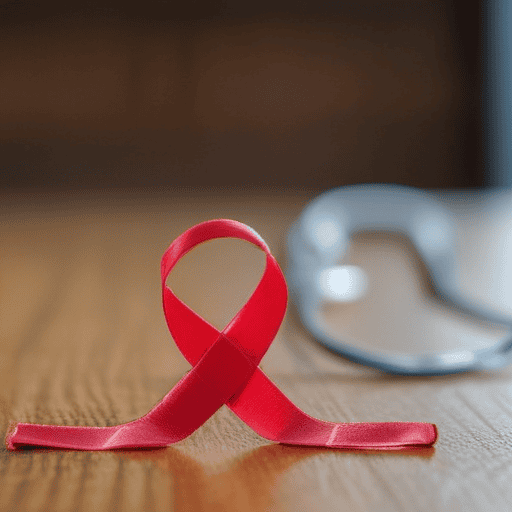Fiji’s health system is facing a significant challenge with a spike in HIV cases, as reported by Health Minister Dr. Atonio Lalabalavu. He reassured the public that despite existing challenges, the health system possesses the necessary resources and expertise to address the escalating HIV crisis effectively. Dr. Lalabalavu emphasized the importance of having a strategic plan in place, stating, “We cannot declare an outbreak without a plan.”
Between January and September 2024, Fiji documented 1,093 new HIV cases and 115 HIV-related deaths, with 34 fatalities occurring among individuals diagnosed that same year. The Central Division reported the highest number of infections at 766, while the Western Division had 292 cases. Alarmingly, the most affected demographic is individuals aged 20 to 29, accounting for over half of the new diagnoses.
The Minister pointed out that increased drug-related activities, particularly the sharing of needles among methamphetamine users, are contributing to the rising numbers. This troubling link between drug use and HIV transmission underscores the complexity of the crisis.
To combat this issue, the Ministry has initiated a 90-day plan as part of the broader HIV Surge Strategy for 2024-2027. This plan focuses on expanding resources, enhancing medication availability, launching awareness campaigns, and improving testing capabilities. The approach stresses the need for public engagement and community involvement, with calls for every stakeholder—from parents and religious groups to law enforcement—to participate actively in addressing the outbreak.
Rev. Simione Tugi from the Fiji Council of Churches expressed concern about the church’s diminishing influence among youth, suggesting that more needs to be done to engage younger generations in combating the HIV crisis.
The emphasis now lies on collective responsibility in responding to the outbreak, fostering communication and support across communities, and ensuring that those affected by HIV receive necessary care and treatment. Although the situation is daunting, the proactive measures being put in place signify a hopeful direction toward managing and reducing the impact of HIV in Fiji.
In summary, while the increase in HIV cases presents a serious public health challenge, the comprehensive strategies proposed by the Ministry of Health, combined with community engagement, offer a promising path forward for effectively managing this crisis.

Leave a comment